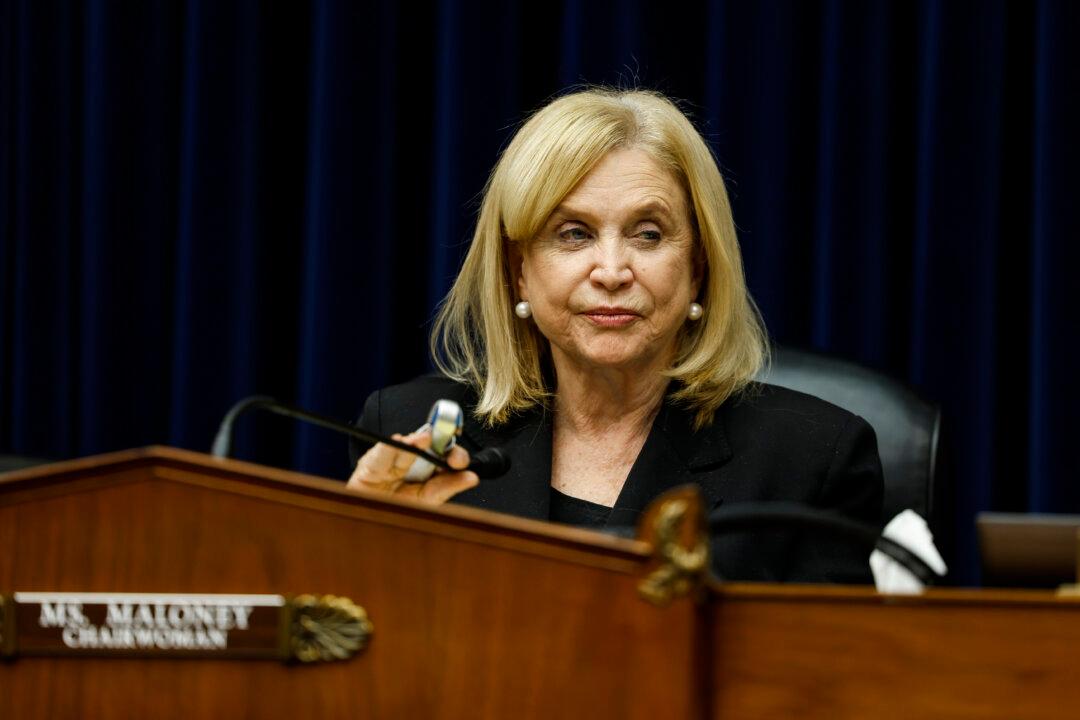Rep. Carolyn Maloney lost her primary contest earlier this year, and so won’t be returning to Congress in 2023, although the New York Democrat’s influence in the lower chamber might continue well into the New Year, because of two racial-equity-related proposals filed on Dec. 16 by the exiting chairwoman of the House Committee on Oversight and Reform.
Joined in the effort by Rep. Ayanna Pressley (D-Mass.), a member of the “Squad” of progressive Democrats, Maloney promises that the two measures—the “Federal Government Equity Improvement Act“ and the “Equity in Agency Planning Act”—will “ensure that federal agencies continue this important work for years to come.”





